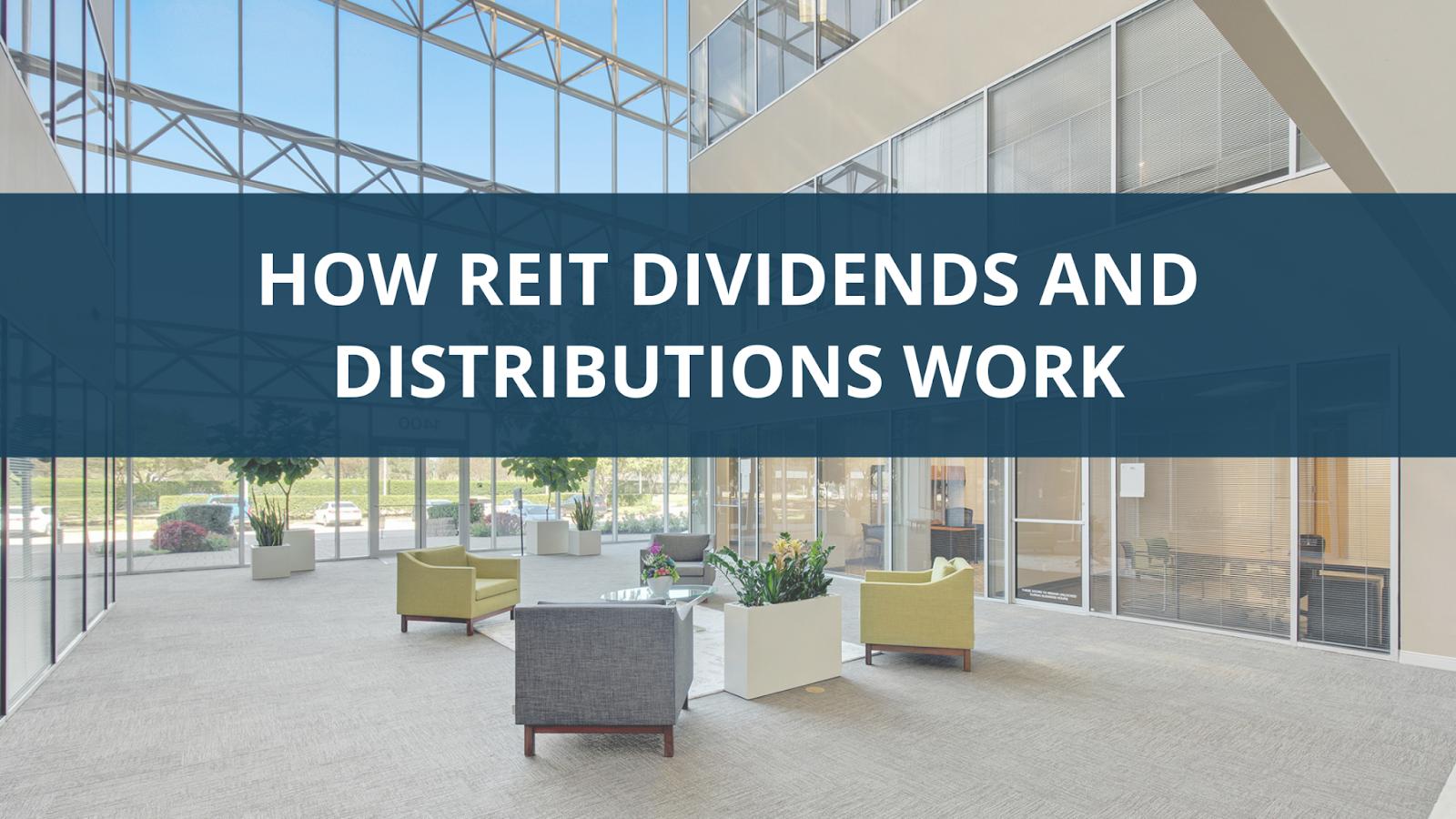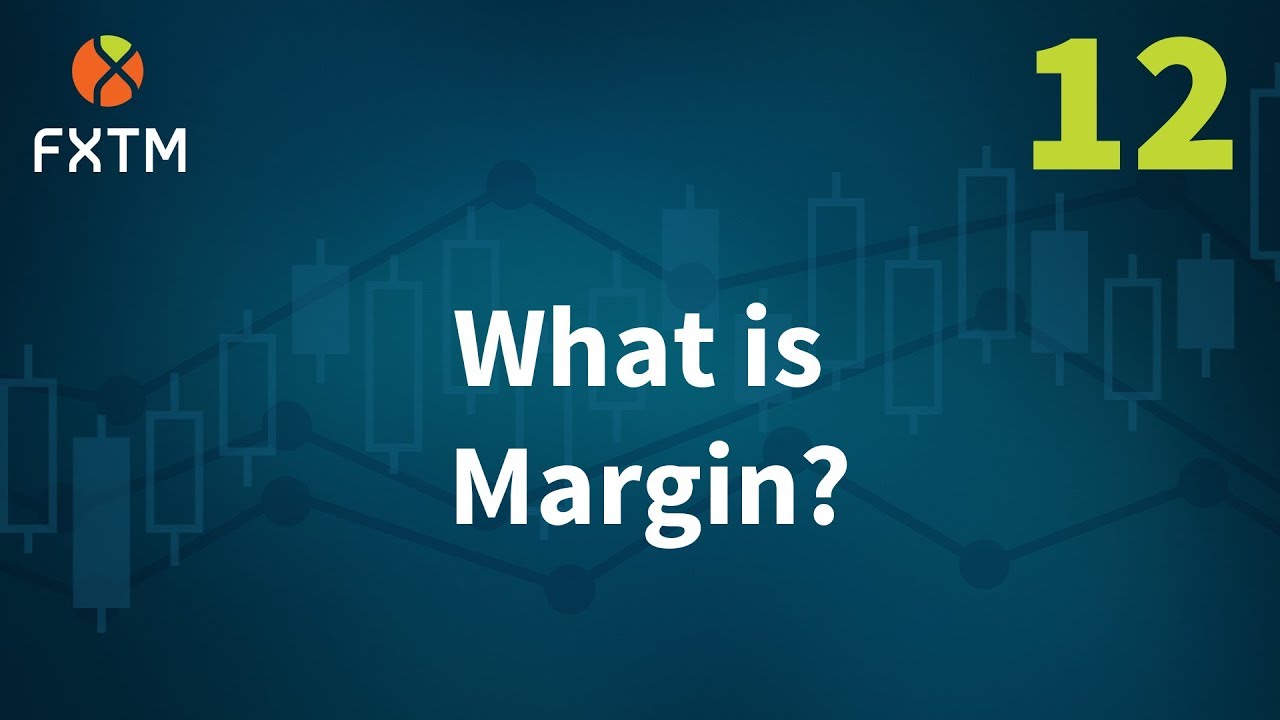
Of course, the differences between direct real-estate investment and investing into a REIT are often very significant. Both options have their advantages and disadvantages. This article will cover both. You can then decide which investment method is best for you. Continue reading for more information. Listed below are the advantages and disadvantages of both investment vehicles. Consider investing in an REIT if real estate is something you want to invest.
Investing in a REIT
You might be interested in real estate investments. Are you wondering what the differences are between buying shares in REITs or directly owning properties? While both types can produce recurring income, there are some key differences between REITs as well as directly owned properties. Directly owning property gives you the freedom to design your building and choose the tenants you wish to live there. While REITs don't provide this level, they can offer a sense and investment that is both emotional and prideful.

Investing in a direct real estate investment
Direct investment allows you to choose the properties you want. Direct real estate investors have the ability to set rental rates, select tenants, and choose how many properties they want to purchase. You can also refinance your mortgage if interest rates fall and tap into the home's equity, if applicable. Direct real estate investors are responsible for tenant problems and liability.
Cost efficiency
The cost segregation assessment is an important component of determining a REIT's overall cost efficiency. This strategy could be beneficial for a REIT as it reduces its dividend obligation due to increased depreciation combined with lower distribution requirements. Management can also use cost segregation to purchase only the necessary insurance to cover its assets.
Income
There are several benefits to earning income from real estate. The best way to earn income from real estate is by renting your property. You can either rent your property to a single family home or multiple families. This income can help you pay your mortgage, and cover any other housing expenses. Either you or a property manager company can rent out your property. Here are some examples of the most common types of real estate that you could rent out.

Taxes
Owning a REIT has many tax benefits that have been around for a long time. These benefits continue to grow in line with new federal tax rules. You can take large deductions from REITs, which are more advantageous than directly owned property. Additionally, you can deduct REIT earnings from your taxable income due to a forgotten provision in tax law. This is particularly advantageous for investors with higher incomes. These are some other tax benefits that REITs provide.
FAQ
Can you trade on the stock-market?
The answer is everyone. But not all people are equal in this world. Some have greater skills and knowledge than others. They should be recognized for their efforts.
There are many factors that determine whether someone succeeds, or fails, in trading stocks. If you don't understand financial reports, you won’t be able take any decisions.
So you need to learn how to read these reports. It is important to understand the meaning of each number. You should be able understand and interpret each number correctly.
If you do this, you'll be able to spot trends and patterns in the data. This will assist you in deciding when to buy or sell shares.
You might even make some money if you are fortunate enough.
What is the working of the stock market?
You are purchasing ownership rights to a portion of the company when you purchase a share of stock. A shareholder has certain rights. He/she has the right to vote on major resolutions and policies. He/she may demand damages compensation from the company. The employee can also sue the company if the contract is not respected.
A company can't issue more shares than the total assets and liabilities it has. It is known as capital adequacy.
A company with a high ratio of capital adequacy is considered safe. Companies with low ratios of capital adequacy are more risky.
What are the benefits of investing in a mutual fund?
-
Low cost - Buying shares directly from a company can be expensive. It's cheaper to purchase shares through a mutual trust.
-
Diversification: Most mutual funds have a wide range of securities. If one type of security drops in value, others will rise.
-
Professional management - professional managers make sure that the fund invests only in those securities that are appropriate for its objectives.
-
Liquidity - mutual funds offer ready access to cash. You can withdraw your money at any time.
-
Tax efficiency – mutual funds are tax efficient. This means that you don't have capital gains or losses to worry about until you sell shares.
-
Buy and sell of shares are free from transaction costs.
-
Mutual funds are simple to use. You will need a bank accounts and some cash.
-
Flexibility - you can change your holdings as often as possible without incurring additional fees.
-
Access to information- You can find out all about the fund and what it is doing.
-
Investment advice – you can ask questions to the fund manager and get their answers.
-
Security - Know exactly what security you have.
-
Control - you can control the way the fund makes its investment decisions.
-
Portfolio tracking – You can track the performance and evolution of your portfolio over time.
-
Easy withdrawal - You can withdraw money from the fund quickly.
What are the disadvantages of investing with mutual funds?
-
Limited choice - not every possible investment opportunity is available in a mutual fund.
-
High expense ratio: Brokerage fees, administrative fees, as well as operating expenses, are all expenses that come with owning a part of a mutual funds. These expenses will eat into your returns.
-
Lack of liquidity - many mutual fund do not accept deposits. They can only be bought with cash. This restricts the amount you can invest.
-
Poor customer service. There is no one point that customers can contact to report problems with mutual funds. Instead, you must deal with the fund's salespeople, brokers, and administrators.
-
Ridiculous - If the fund is insolvent, you may lose everything.
How do I choose an investment company that is good?
Look for one that charges competitive fees, offers high-quality management and has a diverse portfolio. Fees are typically charged based on the type of security held in your account. While some companies do not charge any fees for cash holding, others charge a flat fee per annum regardless of how much you deposit. Others charge a percentage based on your total assets.
It is also important to find out their performance history. You might not choose a company with a poor track-record. Avoid companies with low net assets value (NAV), or very volatile NAVs.
Finally, it is important to review their investment philosophy. An investment company should be willing to take risks in order to achieve higher returns. If they are unwilling to do so, then they may not be able to meet your expectations.
How do I invest on the stock market
Through brokers, you can purchase or sell securities. A broker buys or sells securities for you. When you trade securities, brokerage commissions are paid.
Banks charge lower fees for brokers than they do for banks. Banks offer better rates than brokers because they don’t make any money from selling securities.
A bank account or broker is required to open an account if you are interested in investing in stocks.
Brokers will let you know how much it costs for you to sell or buy securities. This fee is based upon the size of each transaction.
Ask your broker:
-
The minimum amount you need to deposit in order to trade
-
Are there any additional charges for closing your position before expiration?
-
What happens if you lose more that $5,000 in a single day?
-
How many days can you keep positions open without having to pay taxes?
-
whether you can borrow against your portfolio
-
How you can transfer funds from one account to another
-
What time it takes to settle transactions
-
The best way for you to buy or trade securities
-
How to avoid fraud
-
How to get help when you need it
-
If you are able to stop trading at any moment
-
Whether you are required to report trades the government
-
whether you need to file reports with the SEC
-
What records are required for transactions
-
Whether you are required by the SEC to register
-
What is registration?
-
How does it impact me?
-
Who should be registered?
-
When should I register?
How do people lose money on the stock market?
Stock market is not a place to make money buying high and selling low. It's a place you lose money by buying and selling high.
The stock exchange is a great place to invest if you are open to taking on risks. They will buy stocks at too low prices and then sell them when they feel they are too high.
They are hoping to benefit from the market's downs and ups. But they need to be careful or they may lose all their investment.
What is the role and function of the Securities and Exchange Commission
The SEC regulates securities exchanges, broker-dealers, investment companies, and other entities involved in the distribution of securities. It enforces federal securities laws.
Statistics
- "If all of your money's in one stock, you could potentially lose 50% of it overnight," Moore says. (nerdwallet.com)
- US resident who opens a new IBKR Pro individual or joint account receives a 0.25% rate reduction on margin loans. (nerdwallet.com)
- Individuals with very limited financial experience are either terrified by horror stories of average investors losing 50% of their portfolio value or are beguiled by "hot tips" that bear the promise of huge rewards but seldom pay off. (investopedia.com)
- For instance, an individual or entity that owns 100,000 shares of a company with one million outstanding shares would have a 10% ownership stake. (investopedia.com)
External Links
How To
How can I invest my money in bonds?
You need to buy an investment fund called a bond. While the interest rates are not high, they return your money at regular intervals. These interest rates are low, but you can make money with them over time.
There are many options for investing in bonds.
-
Directly buy individual bonds
-
Buy shares from a bond-fund fund
-
Investing with a broker or bank
-
Investing through a financial institution
-
Investing through a pension plan.
-
Invest directly with a stockbroker
-
Investing via a mutual fund
-
Investing in unit trusts
-
Investing through a life insurance policy.
-
Investing in a private capital fund
-
Investing with an index-linked mutual fund
-
Investing through a hedge fund.